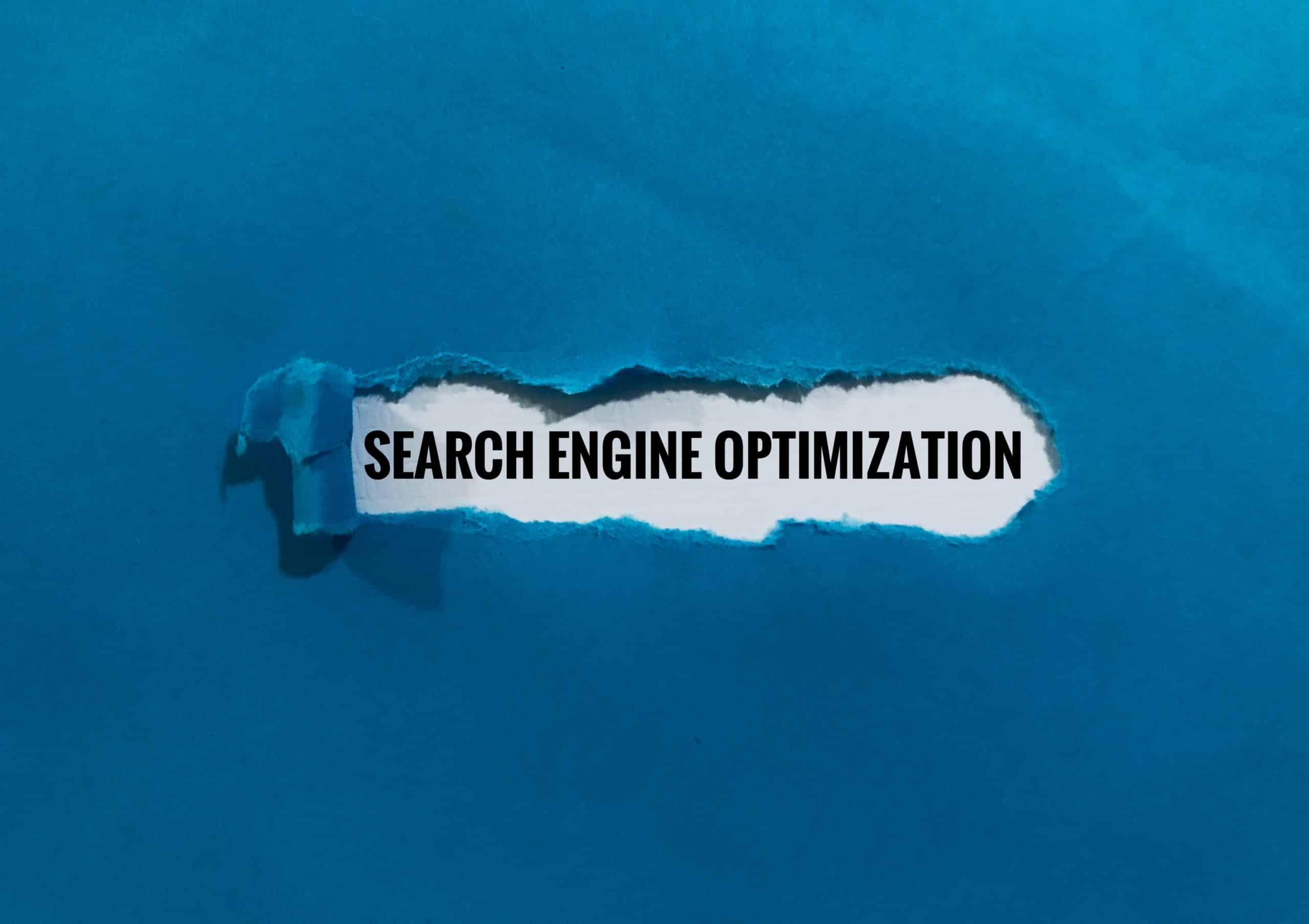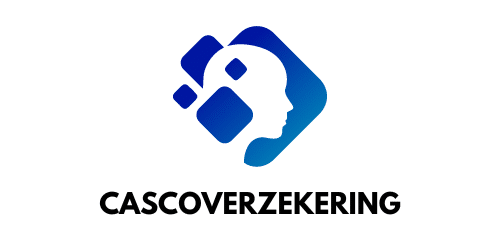What Is the Potential of AI in Streamlining Clinical Workflow in Hospitals?

Artificial Intelligence (AI) is rapidly becoming a cornerstone in various sectors, with the healthcare landscape being significantly impacted. AI has the immense potential to revolutionize the way healthcare providers deliver patient care, particularly in the context of clinical workflows in hospitals. While AI has been around for some time, its application in healthcare is a relatively new phenomenon that promises an era of unprecedented efficiency, precision, and patient satisfaction.
AI’s Role in Enhancing Patient Care
AI’s potential in enhancing patient care is vast. It offers a transformational approach towards patient-centric care by automating and streamlining administrative tasks, enabling healthcare providers to spend more time focusing on patient care.
Also to see : How Is Technology Propelling Forward the Development of Smart Ports for Shipping Efficiency?
AI can use predictive analysis to identify patients at risk, facilitating early interventions and improving patient outcomes. Machine learning algorithms can analyze extensive data sets to predict disease progression, helping healthcare professionals make informed decisions about treatment plans.
AI technology can also be leveraged to personalize patient treatment plans. By analyzing a patient’s unique health data, AI can predict which treatment options would be most effective, leading to improved patient satisfaction and better health outcomes.
Have you seen this : Unlock amazing deals with the apple mystery box today!
Impact of AI on Clinical Workflow
The impact of AI on clinical workflows is profound. From improving efficiency to reducing errors, AI has the potential to significantly enhance the way healthcare providers manage and deliver care.
AI can automate routine tasks, such as data entry and appointment scheduling, freeing up healthcare providers’ time to focus on patient care. AI-powered systems can also provide real-time clinical decision support, helping healthcare professionals make better-informed decisions.
Furthermore, AI can improve the accuracy and efficiency of diagnostic processes. By analyzing medical images using machine learning algorithms, AI can identify disease markers, saving physicians time and reducing the likelihood of misdiagnosis.
AI in Drug Discovery and Development
Drug discovery and development is a complex and time-consuming process that can greatly benefit from AI. AI has the potential to accelerate the drug discovery process by predicting which drug candidates are most likely to succeed in clinical trials.
By analyzing vast amounts of data from previous clinical trials, machine learning algorithms can identify patterns and make predictions about potential drug efficacy and safety. This can significantly reduce the time and cost associated with drug discovery and development, enabling faster delivery of effective treatments to patients.
Moreover, AI can improve patient recruitment for clinical trials. By analyzing patient data, AI can identify patients who meet the criteria for specific trials, increasing the likelihood of successful trial outcomes.
AI in Healthcare Learning and Education
Lastly, AI has the potential to revolutionize healthcare learning and education. Traditional medical education relies heavily on textbook learning and hands-on experience. However, the advent of AI in healthcare presents new opportunities for learning.
AI-powered simulations can provide medical students with a safe and realistic environment to practice clinical skills. Virtual reality (VR) and augmented reality (AR) technologies, powered by AI, can also be used to facilitate immersive learning experiences, improving the understanding and retention of complex medical concepts.
Furthermore, machine learning algorithms can customize learning paths based on individual learners’ strengths and weaknesses, ensuring a more effective and personalized learning experience.
AI’s Potential Risks and Challenges
Despite its immense potential, the integration of AI in healthcare comes with its own set of risks and challenges. One major concern is data privacy. With AI relying on extensive patient data to function, ensuring the privacy and security of this sensitive information is paramount.
Another challenge is the potential for AI to make errors. While AI has the potential to reduce human error in healthcare, it is not infallible. Erroneous AI predictions or recommendations could have serious implications for patient care.
In addition, there is a significant learning curve associated with adopting AI technology. Healthcare providers may require extensive training to use AI-powered tools effectively, which can be time-consuming and costly.
Despite these challenges, the potential of AI to streamline clinical workflow in hospitals is undeniable. As technology continues to advance, the role of AI in healthcare will only grow, paving the way for an era of more efficient, effective, and patient-centric care.
AI in Mental Health Care
With the increasing prevalence of mental health issues worldwide, AI is showing great potential in enhancing mental health care. Traditional mental health care relies heavily on direct patient-therapist interactions, which can be time-consuming and sometimes inefficient. However, the application of AI in mental health care opens up a new era of personalized care and efficiency.
AI, using predictive analytics and machine learning, can analyze patient data to identify potential mental health risks before they become severe. The early identification of mental health issues can enable healthcare professionals to intervene promptly, significantly improving patient outcomes. Furthermore, AI-powered chatbots can provide real-time mental health support, offering patients immediate access to psychological interventions.
Machine learning algorithms can also personalize mental healthcare. By assessing a patient’s unique mental health data, AI can recommend individualized treatment plans, improving patient satisfaction and overall mental health outcomes. Moreover, AI can assist in monitoring patient progress, providing healthcare professionals with real-time data to aid in decision making.
AI can also streamline the clinical workflow in mental health care. Workflow automation, like appointment scheduling and medication reminders, can be handled efficiently by AI, freeing up healthcare providers’ time to focus more on actual patient care.
Despite the potential of AI in enhancing mental health care, it’s essential to address the challenges associated with data privacy and the risk of AI errors. Measures should be taken to ensure the security of sensitive patient data and to validate the accuracy of AI predictions and recommendations.
Conclusion: The Future of AI in Healthcare
The potential of artificial intelligence in streamlining clinical workflow in hospitals is immense. It can transform every aspect – from patient care and drug discovery to learning and education, and even mental health care. It offers healthcare providers the ability to improve efficiency, precision, and patient satisfaction.
AI can automate routine tasks, provide real-time clinical decision support, and even predict disease progression. It can tailor patient care, making it more personalized than ever before. In drug discovery, it can quicken the process and improve the success rate. In learning and education, it provides immersive experiences and personalized learning paths. And in mental health care, it can offer immediate support and personalized care.
However, it’s essential to acknowledge the risks and challenges associated with AI, such as data privacy concerns, potential for errors, and the learning curve for healthcare professionals. Despite these challenges, it’s clear that AI’s role in healthcare is only set to grow.
In spite of the challenges, the benefits of AI integration into healthcare systems are far too significant to ignore. As technology continues to evolve, the impact of AI on healthcare is only likely to deepen. Healthcare organizations that embrace AI will undoubtedly be better equipped to deliver efficient, effective, and patient-centric care.
One thing is clear – the future of healthcare delivery lies in the intelligent application of AI. With continuous research and development, as seen on platforms like Google Scholar, and more understandings of AI’s capabilities, we are moving towards a future where AI is at the heart of healthcare. The journey has only just begun.
